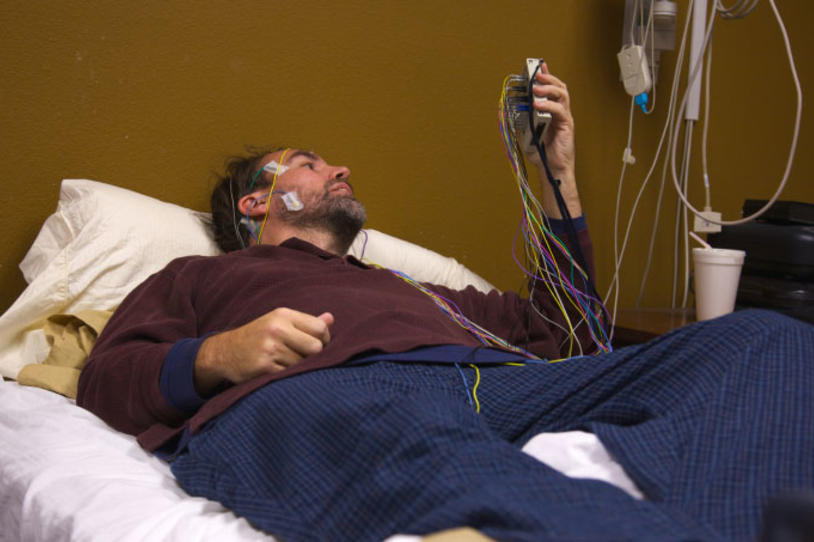
By the time a person is diagnosed with Parkinson’s, the disease is already well developed – typically an individual has already lost around 80 percent of their dopamine neurons. Understanding the disease process taking place before symptoms occur could have major implications for early diagnosis and the development of better treatments.
The Michael J. Fox Foundation (MJFF) is currently funding studies that aim to find out more about how REM Sleep Behavior Disorder (RBD), heart rate variability, and genetic mutations may play a role in Parkinson's disease (PD). And at the recent Parkinson’s Progression Markers Initiative (PPMI) annual meeting, researchers discussed the possibilities for implementing a pre-motor cohort into this landmark biomarker discovery effort.
RBD has already proven to be an interesting target for researchers who are investigating whether the disorder might share a common underlying cause with PD. One hypothesis holds that degeneration of specific regions of the brain stem cause RBD and play a role in parkinsonian symptoms such as depression and anxiety. In fact, the degeneration of the brain taking place in RBD may be early Parkinson’s, some say. If either of these hypotheses is true, the field could gain critical information for developing a disease-modifying treatment for Parkinson’s.
Genetic research holds critical potential to help all people living with PD, whether or not they carry mutations in genes linked to the disease. By studying the biological processes underlying inherited forms of Parkinson’s, scientists can better understand all forms of the disease (familial and the more common sporadic), opening new avenues to therapeutic development.
Other potential markers of early PD include constipation, impaired sense of smell, and unusual fatigue. There are still questions as to whether any of these might detect PD. The good news is, MJFF and the PD research community are devoting new resources to finding answers.